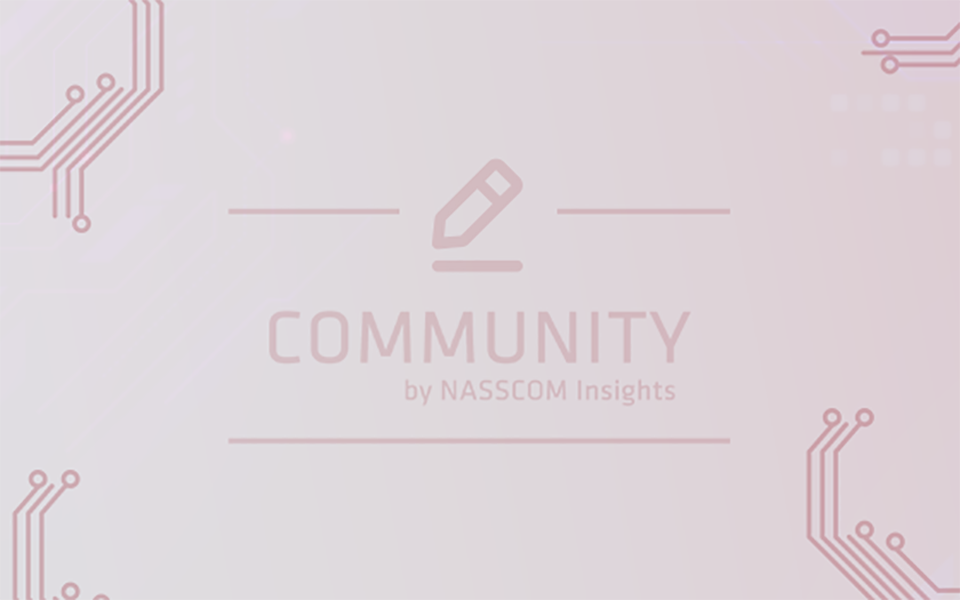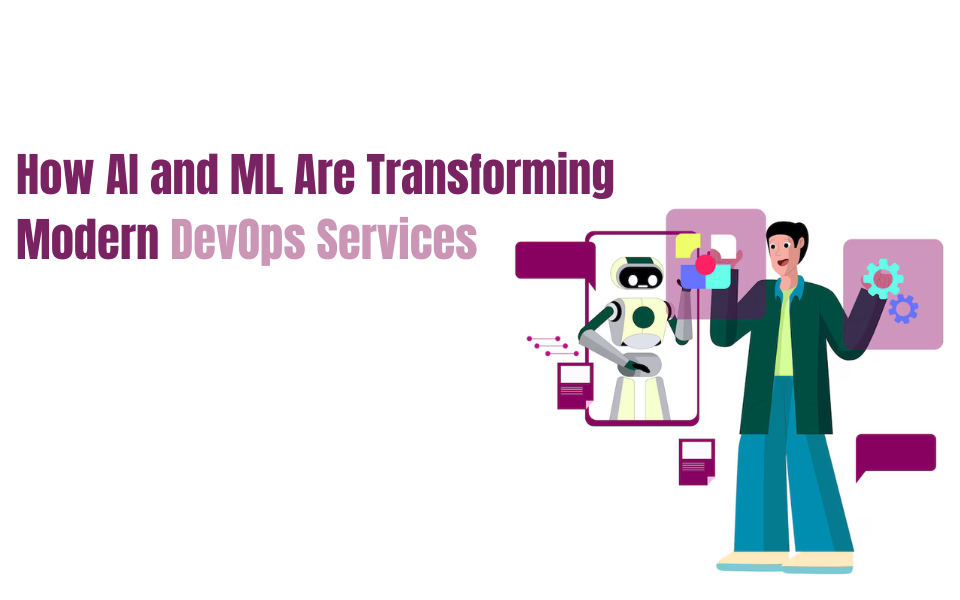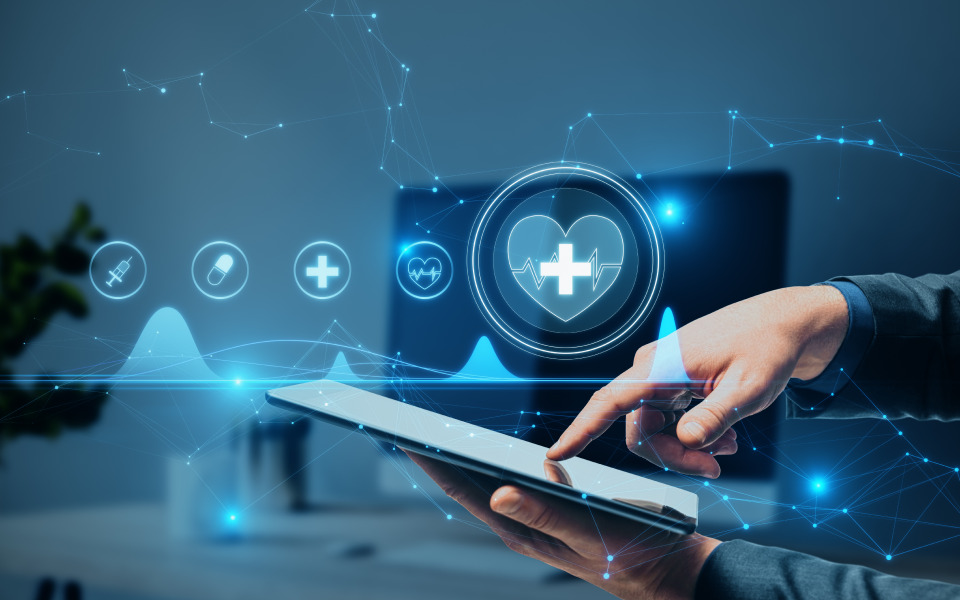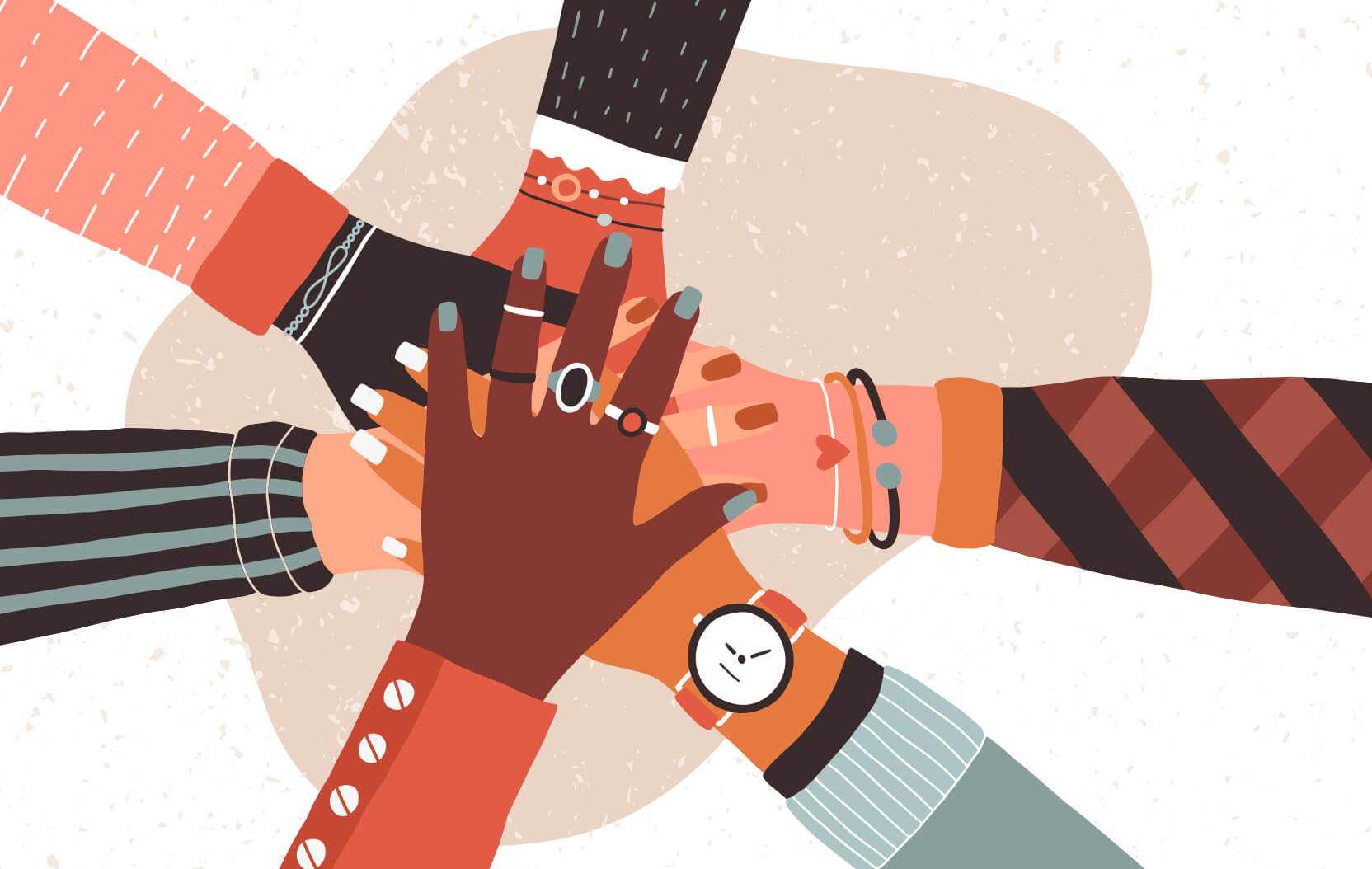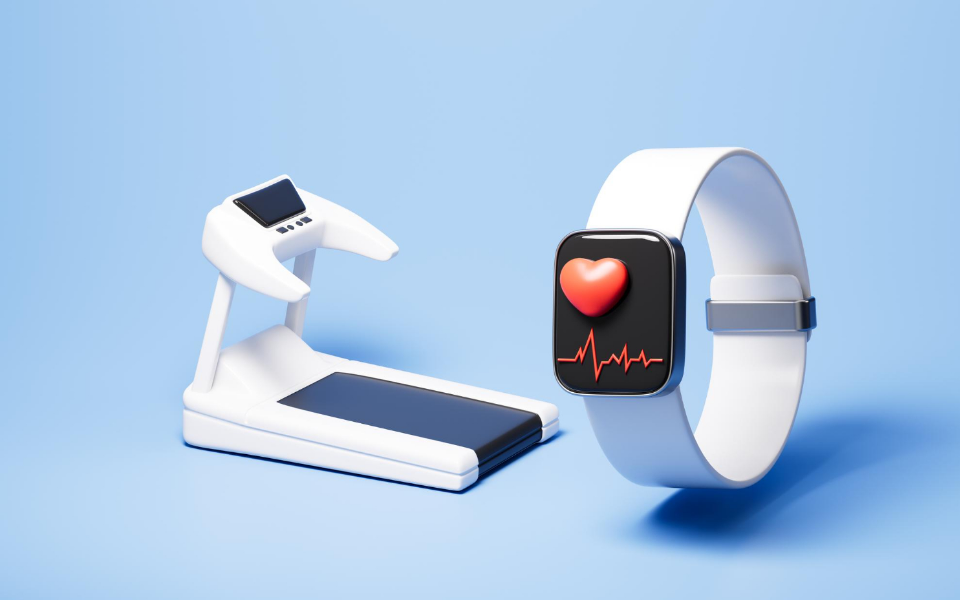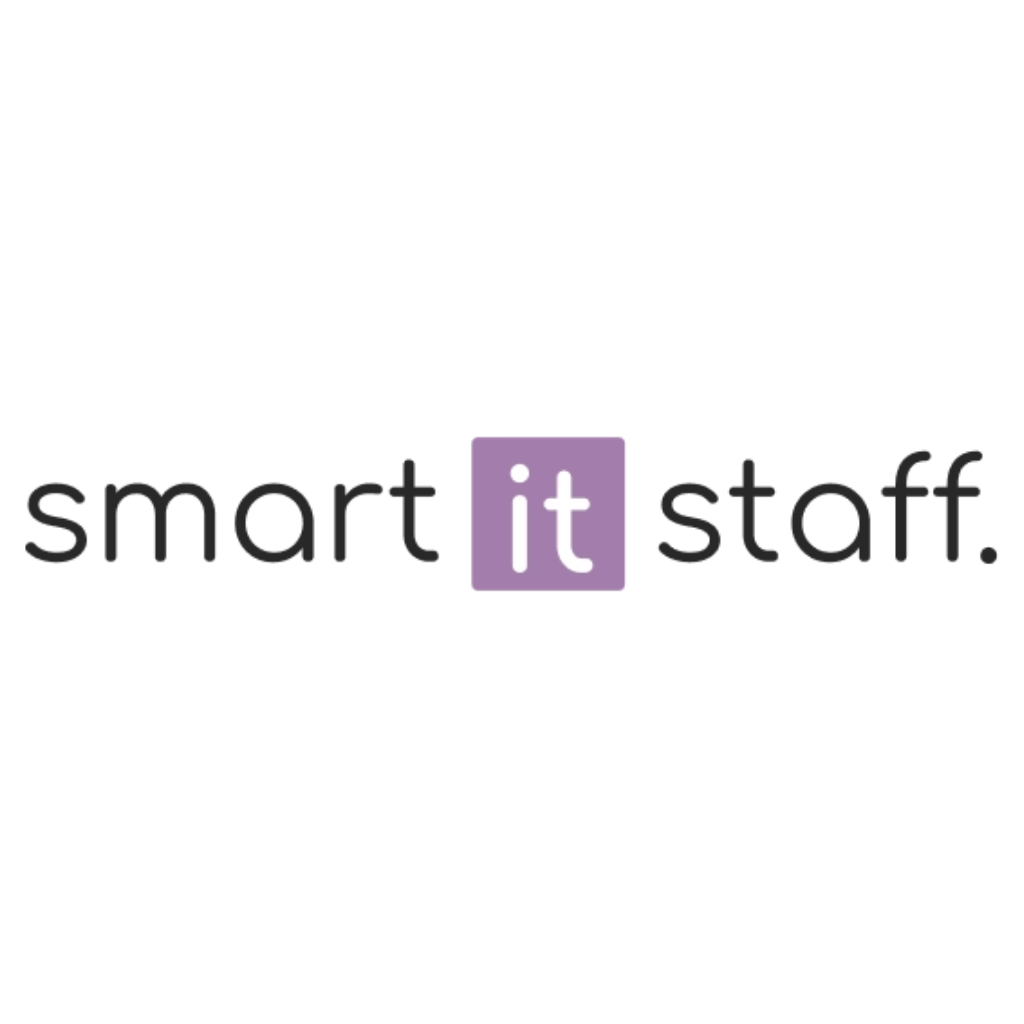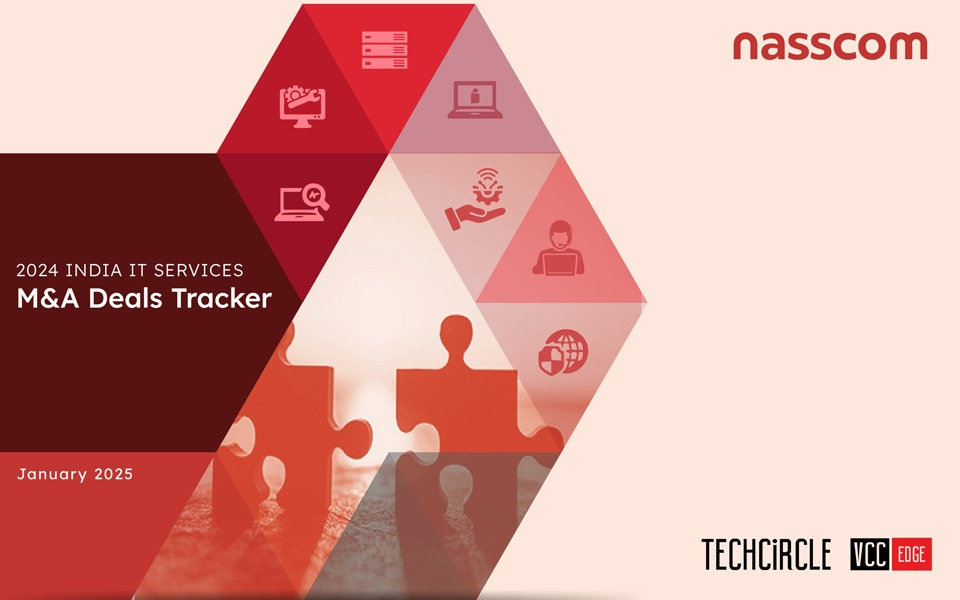In today’s age where cybersecurity threats loom large, you need to safeguard your personal data, especially crucial data like healthcare.
So, no ifs and buts. Just implement these 10 data security measures and we can assure you that you will be safe.
#1 Stop using old and outdated software.
You need to ensure that all your electronic devices, including smartphones, computers, laptops, even routers are updated and patched with latest software as soon as it’s available.
If you use electronic devices without updated software, your devices will have vulnerabilities that hackers can exploit and steal your data.
If your device software is no longer updated or the manufacturer has stopped supporting the software it uses, it’s high time to replace it and get new applications.
#2 Avoid accessing your data on public Wi-Fi networks.
Avoid signing in to your account on public computers or using public Wi-Fi. Doing it may jeopardize your username’s security and someone may get hold of your health-related data. Always use a secure mobile hot spot or home computer.

If you have to use public computers or Wi-Fi in case of an emergency to send personal health information to doctors, make sure that you don’t save any passwords, log out properly from all accounts, delete your documents from local drive – if saved, delete your browser history and possibly clear caches and information cookies before you sign out.
#3 Always use strong passwords and frequently change them.
Your health data’s safety depends upon the strength of your passwords and usernames. The stronger the password and username, safer is your health data.
Nowadays, we all like the efficiency and ease with which we can download and view our medical records anywhere on the go.
However, if we wish to have safety along with ease of use, it’s imminent that we have strong authentication methods in place. Passwords and usernames should be changed on a regular basis and separate passwords should be used for accounts that contain personal health information.
#4 Know your health care apps and devices.
Technology surely has been helping patients get access to latest medical facilities. New health care apps and devices certainly excite one enough to jump in and start using them, but one should take care not to accept privacy agreements without reading them carefully. It’s important for you to know how your data will be collected and with whom it will be shared.
Be wary of data privacy guidelines as once information gets out in the public realm, it stays there forever.
#5 Ask questions, it’s your information.
Patients normally discuss their medical condition with the health care providers but are not comfortable asking them about how and where their personal health care information will be used for.
Also, you need to know besides your health care provider who will have access to your information. You should ask all this from your health care provider.
Many use and share their patients’ data with the researchers. You have all the rights to your data – it’s up to you to decide whether you want your data to be shared with researchers or not.
#6 Guard your own data.
Keep monitoring your health care bills and credit reports regularly. Any unexpected credit card charges, false claims to your insurance are hints that your data has been compromised.

Immediately inform your healthcare providers and insurance providers, even if the amount is seemingly small.
#7 Be wary of sharing your medical information on social media.
You may get some psychological relief and sympathy from relatives by sharing news about your medical treatment on social media like Twitter, Facebook or Instagram, but such information can be useful to the hackers.
They may use such information to collect details which they can use to steal your identity.
If you share any medical information about yourself online, use strict privacy settings and add restrictions to prevent your details to be visible to the general public.
#8 Don’t ever disclose your health insurance ID card information.
Don’t ever share your health insurance card with friends, relatives, or co-workers.
Don’t share medical policy numbers on your health insurance card over the phone or at medical fairs for free nutritional supplements or medical exams. Hackers may steal your identity and use your insurance information to get medical services in your name.
#9 Think twice before sharing sensitive data on a medical website.
Check that the healthcare provider’s site has proper security measures like SSL certificates in place before sharing your credit card number or health insurance ID card information.
It’s simple – just see that the site’s address should have https:// instead of http:// in the address bar. This will ensure that the healthcare service provider is encrypting communication between the browser and the website.
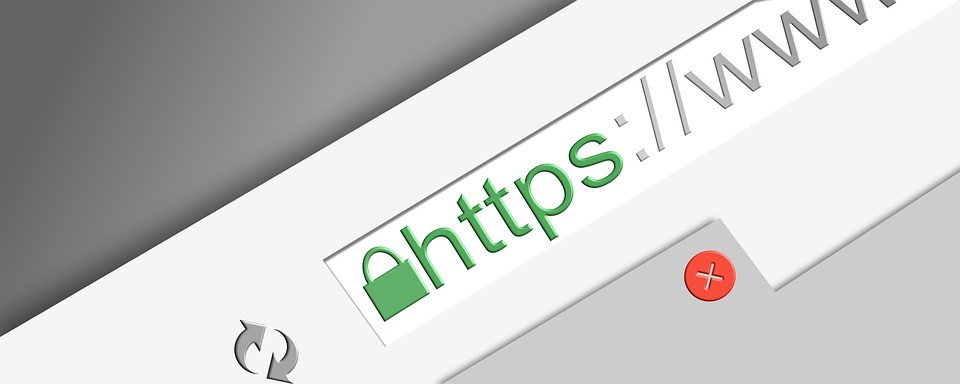
#10 Ask about your healthcare provider’s medical information retention policy.
Doctors are not bound to maintain medical information indefinitely. Each country has different rules regarding medical data retention, which may vary between healthcare providers too.
The storage and security of your medical information are important in case you change insurance, move places or change doctors. SO, you must know how long your medical data will be retained by the healthcare provider. And when and where it will be transferred.
Takeaway – Stay safe against cyberattacks with cloud backup
Moreover, healthcare providers should ensure the safety of patients’ medical data by maintaining a data backup. This helps in recovering the data quickly in case of cyberattacks, man-made or natural disasters.
Nowadays, various cloud backup services like Acronis cloud backup provide comprehensive, real-time data protection against modern cyber threats like ransomware.




